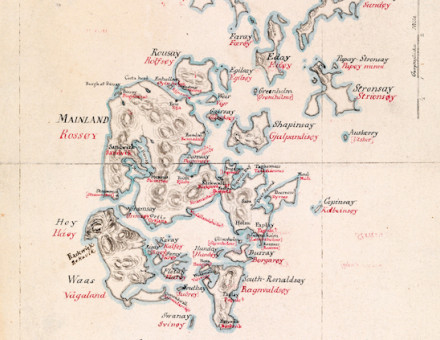Women and Revolution under Alexander II
Henry Kamen describes the apotheosis of emancipated Russian womanhood.
One of the most astonishing features of revolutionary life in nineteenth-century Russia was the important part played by women in political agitation. While few of them attained any international prominence, at home they attained a notoriety that is often forgotten by students of history.
This notoriety consisted, above all, in the fact that it was the women, even more than the men, who were at the core of the terrorist movement that played so large a part in the history of Russian Populism.
The fact that women should take part in revolutionary movements meant that they had attained a high degree of emancipation and were free of the standard conventions binding them to hearth and home. More often than not, they would be those who had received a good education and were sophisticated enough to look at the world independently. Inevitably, it was the upper classes that tended to produce such women.





